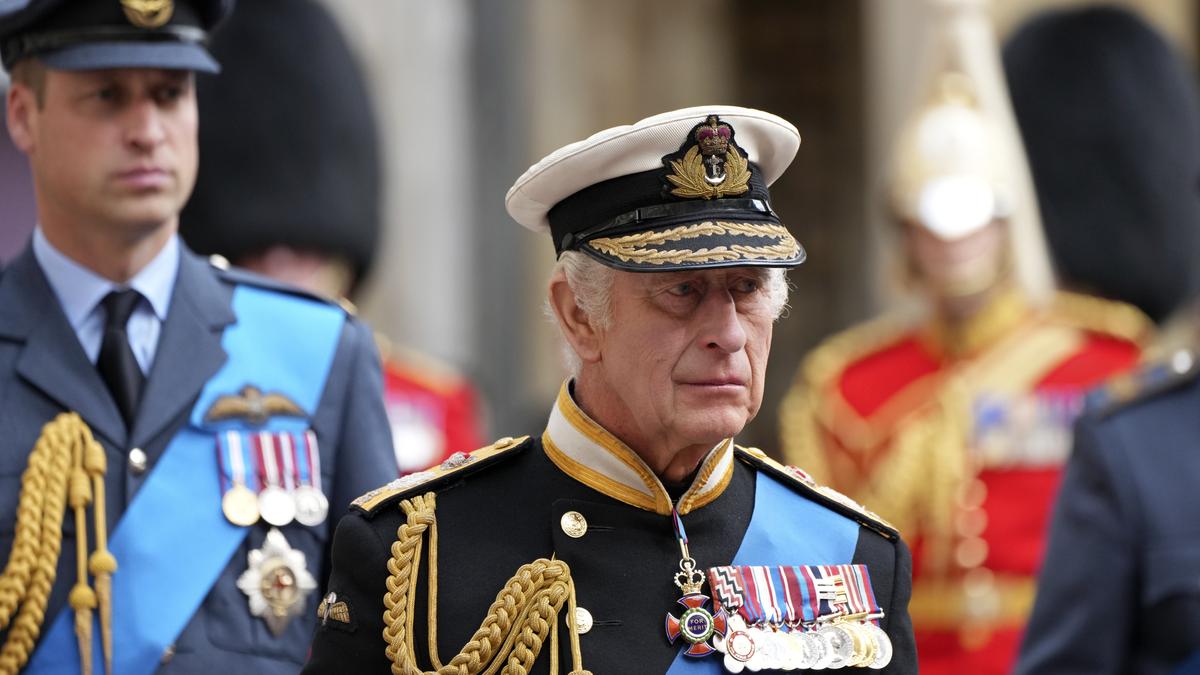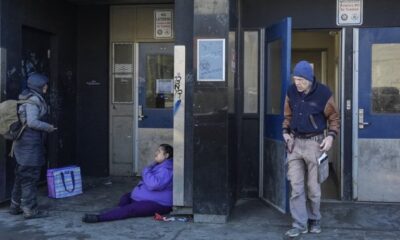Britain’s royal family is facing demands for increased transparency and reform of their private estates following allegations that they have been profiting from public bodies while enjoying significant tax exemptions.
An investigation by the U.K. media has accused the estates of King Charles III and his eldest son Prince William of earning substantial profits from charities and individual renters, sometimes failing to meet environmental standards in the process.
The Duchies of Lancaster and Cornwall, centuries-old estates holding land, property, and assets across England and Wales in trust for the king and his heir, have reportedly made millions of pounds through lucrative deals with the publicly-funded National Health Service (NHS) and other financially struggling ministries.
These estates, exempt from UK corporation or capital gains taxes, have not publicly disclosed the extent of their holdings and commercial agreements, such as lease arrangements. However, a recent investigation by U.K. television network Channel 4’s Dispatches programme and The Sunday Times claims to have uncovered these details for the first time.
The revelations have sparked calls for a parliamentary review and calls by pro-republicans for the abolition of the duchies. Norman Baker, a former lawmaker and vocal critic of the royal family, expressed concerns over the findings, stating that the royals are essentially “taking the public for a ride.”
“These are Crown lands that belong to the public… all the revenue generated should be going into the Crown Estate, which is a public asset,” Baker emphasized.
‘Pursuing profit’
Despite the controversy, the royal family has maintained that the profits from the duchies contribute to their public, charitable, and private activities. The Duchies of Lancaster and Cornwall, owned by the monarchy since the Middle Ages, were not included in a 1760 agreement that requires the monarch’s Crown Estate profits to be surrendered to the government.
Next year, the Sovereign Grant, which funds official engagements, staff salaries, and royal palaces’ maintenance, will amount to £132 million ($171 million).
The vast private estates were excluded from this arrangement because they did not generate significant income at the time. However, their assets are now valued at £1.8 billion, with profits surpassing £50 million in 2023, as per their annual reports.
Lucrative deals, such as leasing land to the NHS, armed forces, schools, charities, and renters, have contributed to their financial success. For instance, Charles’ estate is set to earn nearly £12 million over 15 years by storing electric ambulances for a London hospital, while William’s estate will receive £37.5 million over 25 years for leasing Dartmoor Prison to the Ministry of Justice.
Graham Smith, head of anti-monarchy group Republic, criticized the duchies for relentlessly pursuing profit at the expense of the public and charities.
The duchies have refuted any allegations of misconduct.
‘Within the law’
This is not the first time the duchies have sparked controversy. In 2006, an influential parliamentary committee raised concerns about the major tax exemptions they enjoy.
Baker suggested that the Public Accounts Committee should revisit this issue and apply pressure for change. “It’s only under such pressure that they will make adjustments,” he stated. “Unless compelled to act, they will not do so.”
The former lawmaker warned that the royals are at risk of losing significant public support over this matter.
On the other hand, David Haigh, head of consultancy firm Brand Finance, defended the duchies’ actions, likening them to any large aristocratic family estate.
“Is it unreasonable for them to expect market rate rents when renting properties to government entities and departments? In my view, it is not,” Haigh argued.
He further emphasized that the estates are operating within the confines of the law and in the best interests of their private capital, drawing parallels to successful entrepreneurs like James Dyson and Richard Branson.
Published – November 09, 2024 12:49 pm IST







































